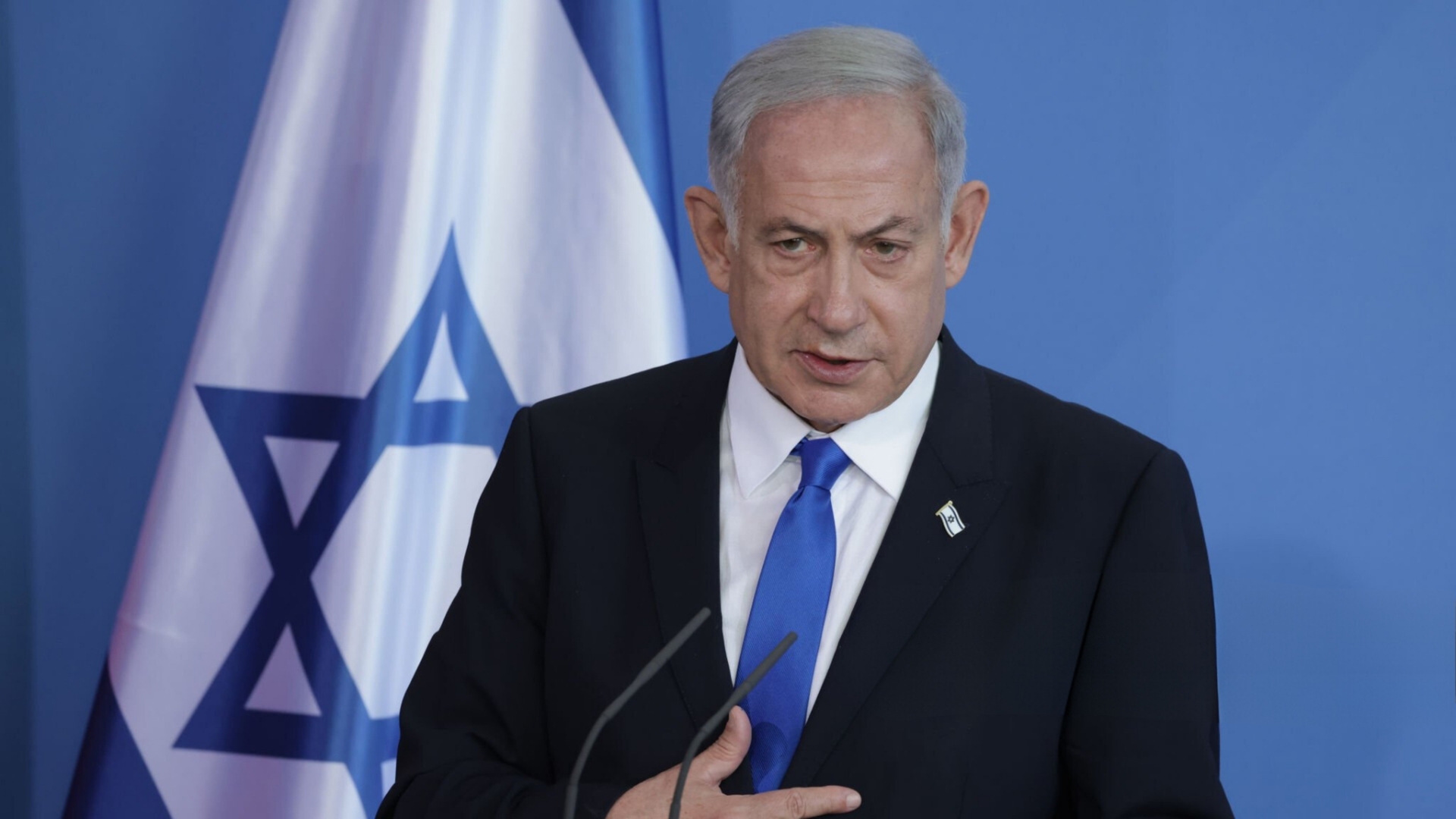Israeli Prime Minister Benjamin Netanyahu may soon be forced to choose between agreeing to a ceasefire deal with Hamas and keeping his government in power. This complex decision will test Netanyahu’s political acumen and the stability of his coalition.
The Ceasefire Proposal and Netanyahu’s Predicament
For months, Netanyahu has skillfully avoided a permanent ceasefire by blaming Hamas’s “delusional demands” for failed negotiations. However, US President Joe Biden’s public outline of Israel’s latest ceasefire proposal – potentially leading to a permanent truce – has placed Netanyahu in a difficult position. Aviv Bushinsky, a former adviser to Netanyahu, noted, “Bibi is cornered now,” with Biden “forcing Bibi to take off his mask and say: ‘OK, now is the money time. Are you in favor of a deal?’”
Internal Pressure and Coalition Threats
As Israel awaits Hamas’s response to the latest proposal, National Security Minister Itamar Ben Gvir and other far-right coalition members are threatening to leave the government if Netanyahu proceeds with the ceasefire. Netanyahu is attempting to reframe the proposal, insisting it is not as Biden defined, aiming to reassure his far-right ministers that the war will continue until Hamas is eliminated. However, Ben Gvir remains unconvinced, believing Netanyahu has something to hide.
Opposition and Political Survival
Opposition leader Yair Lapid has offered a “safety net” to keep the government in power to achieve a ceasefire deal, but this comes with the risk of early elections. Netanyahu’s political survival seems intertwined with the ongoing war and his pursuit of victory over Hamas. Despite these challenges, recent polls show Netanyahu gaining popularity, edging out his rival Benny Gantz as the preferred choice for prime minister.
Public Opinion and International Pressure
Israel’s Channel 11 poll indicated 40% public support for the ceasefire deal, with 27% opposed and 33% unsure. International condemnation of Israel’s war effort in Gaza and the International Criminal Court’s decision to seek an arrest warrant for Netanyahu has bolstered his domestic position as Israel’s defender.
Biden’s Challenge and Hamas’s Response
Last week, Biden’s speech forced Netanyahu to confront his choice and aimed to counter pressure from within Netanyahu’s coalition. Biden urged Israeli leadership to support the deal despite internal opposition. “I know there are those in Israel who will not agree with this plan and will call for the war to continue indefinitely. Some are even in the government coalition,” Biden said.
Hamas’s response to the proposal remains critical. While they viewed Biden’s speech positively, they have not responded officially. The proposal includes a 6-week ceasefire period, extendable for further negotiations, but stops short of an upfront commitment to a permanent ceasefire.
Netanyahu’s choice between a ceasefire and his government’s survival is fraught with political and strategic complexities. As the situation unfolds, his decision will have significant implications for Israel’s future and the ongoing conflict with Hamas. Whether Hamas forces Netanyahu to make this difficult choice or offers him a way out remains to be seen.







